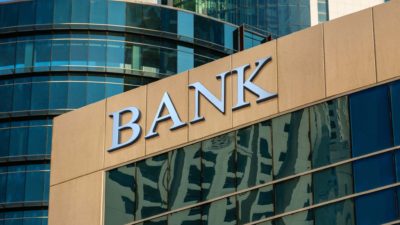Westpac Banking Corp (ASX: WBC) shares were in great form in July.
During the month, the banking giant's shares rose an impressive 9.5% to end the period at a multi-year high of $29.80.
This was more than double the market return, with the S&P/ASX 200 Index (ASX: XJO) rising 4.2% over the month.
Why did Westpac shares outperform?
It is worth noting that it wasn't just Westpac that outperformed the ASX 200 index last month.
For example, Commonwealth Bank of Australia (ASX: CBA) shares rose 8% and National Australia Bank Ltd (ASX: NAB) shares climbed 6.5% in July.
This appears to have been driven by optimism over the health of the banking sector. Particularly given the belief that the US Federal Reserve will cut interest rates next month and the Reserve Bank of Australia (RBA) may not have to take rates higher again.
The latter would be good news for homeowners who can ill afford to see their mortgage repayments go even higher.
What else?
There was also a spot of good news for Westpac last month that could have given its shares an extra boost.
That news was the Australian Prudential Regulation Authority's (APRA) decision to reduce Westpac's total operational risk capital overlay from $1 billion to $500 million.
The bank notes that over the past four years, it has delivered a significant program of risk culture and risk management uplift through its Customer Outcomes and Risk Excellence (CORE) Program. This progress appears to have gone down well with APRA.
But Westpac isn't done there. It is currently in the transition phase to demonstrate the sustainability and effectiveness of changes made following the completion of the Integrated Plan in December 2023. If all goes to plan, it may not be too long until the remaining operational risk capital overlay is removed.
For now, the changes mean that Westpac's Common Equity Tier 1 (CET1) capital ratio will increase by approximately 18 basis points. This reflects a reduction in risk weighted assets of $6,250 million.
Commenting on the news, Westpac CEO Peter King said:
Westpac is now a simpler, stronger bank with substantially improved risk governance. We have moved into the transition period, which involves sustainably embedding the uplift in risk management practices.
What's next?
Unfortunately, almost all major brokers believe that Westpac shares are vastly overvalued.
For example, Citi, Goldman Sachs, and UBS all have sell ratings on its shares with price targets of $24.75, $24.10, and $25.00, respectively.
This implies potential downside of 16% to 19% over the next 12 months.








